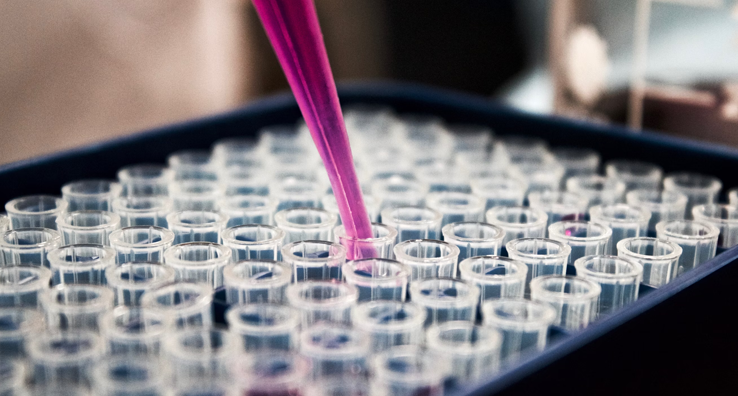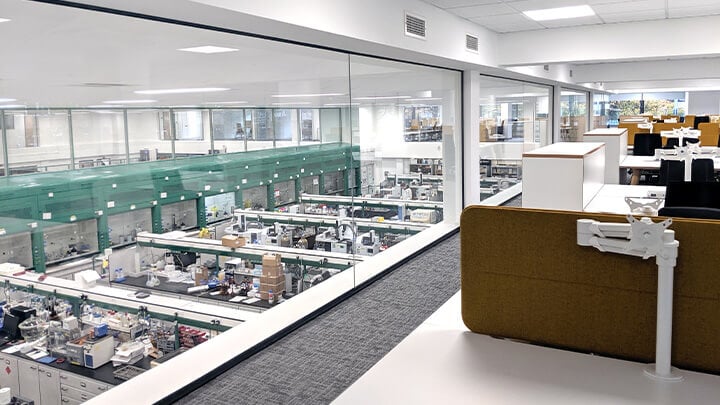Biomaterial testing expertise supporting development and market approval of tissue scaffold, cosmetic products, wound care, implantable medical devices or drug delivery systems.
Biomaterials testing is crucial for evaluating materials used in cosmetics, medical devices, and therapies to ensure safety, efficacy, and regulatory compliance. They can be materials of natural origin or made synthetically which can be implanted to replace or repair missing tissue. These have applications in drug delivery or combination products, such as regenerative medicine, regenerative dentistry, joint replacements, bone graft, tissue scaffolds, wound care, implantable devices and also in cosmetic surgery. For medical devices, especially those implanted in the body, extensive testing is required to assess mechanical properties, degradation behavior, and biocompatibility. Materials must withstand sterilization processes without degrading and must not cause adverse reactions in the body. In drug delivery, biomaterials are tested for their ability to encapsulate and release therapeutic agents effectively. Testing focuses on release and stability in various physiological conditions, and the interaction between the material and the drug.
To support development, biomaterials testing data from chemical analysis provide insight into the material’s characteristics and how these are impacted by production processes, microstructure, and chemistry. Understanding structural, surface, physical, and mechanical properties is important as they affect device performance, stability, and safety. To ensure safe and effective biomaterial products and meet regulatory requirements for marketing authorization, robust laboratory testing is required to assess aspects related to product safety, such as their tendency to release leachable substances, or performance criteria, such as mechanical properties.
Biomaterials Analysis Expertise
Our biomaterials scientists draw upon a wide range of analytical capabilities to understand the identity, purity, and biosafety of a growing number of biomaterials used in healthcare products through physical, chemical, mechanical, and microbiological testing methodologies. We have experience with many types of materials used such as liquids, gels, polymers, metals, ceramics, hydroxyapatite, composites, or biomaterials such as collagen, hyaluronic acid, chitosan, peptide matrices, and alginates.
We also help manufacturers assess the safety of finished devices with supporting toxicological consulting. We provide analytical programs to support product development and routine quality control (QC) of raw materials or finished products. Pore size, pore geometry and size distribution, interconnectivity, and porosity are all important to the function of the biomaterial and affect surface properties, which in turn impact interactions with cells. Recently, novel processing methods have also given rise to materials with controlled physical properties, such as porosity. Our scientists utilize light microscopy, scanning electron microscopy (SEM), and surface area determination by BET to characterize these properties. We also apply X-ray diffraction (XRD) techniques to study the degree of crystallinity and phase types in materials, such as hydroxyapatite (HA) types.
Bringing quality and safety to life, we offer Total Quality Assurance expertise for biomaterials testing to help you to make sure that materials meet safety and performance standards, minimizing risks to patients and consumers while maximizing the therapeutic and functional benefits of the final products.
Biomaterials Analysis Services Include
- Process residuals quantification e.g. antibiotics or surfactants
- Determination of relevant biological species, e.g. DNA, Glycoaminoglycans (GAGs), total protein content
- Bioanalysis to support preclinical and clinical trials
- Elemental Analysis and Trace Metals
- ICH Stability studies
- Mechanical testing (e.g. tensile strength)


